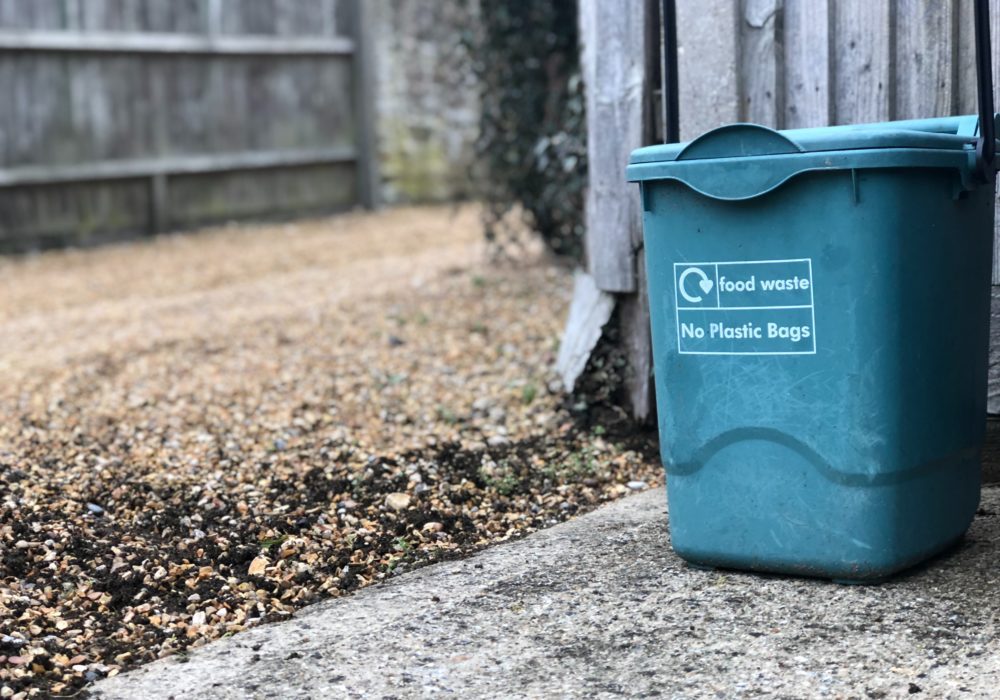
The global COVID-19 pandemic is the most disruptive health, economic and social event in a generation, and its impact is ongoing. Coronavirus lockdown has forced organisations in every sector to reassess the way they operate – including how essential services like waste management are provided.
As the UK begins to restart and find a ‘new normal’, local authorities are in a unique position to review the lessons learned so far, identifying which aspects of their waste management processes need to be updated and refined, to meet community needs in a post-coronavirus world.
One of the big changes will be answering calls for a greener, more sustainable way of living, to reduce emissions and improve people’s health. Could COVID-19 be the catalyst for greener waste management? Let’s look at the opportunity…
A chance to slow down and rethink
While coronavirus will continue to affect the way we live for some time, from a waste management perspective, local authorities are striving to return to business as usual – with 81% of recycling collections now reported to be operating as normal.
However, council waste management departments saw a clear change in behaviour during the COVID-19 lockdown, with 92% of teams reporting an increase in recycling waste. While some of this was due to people staying at home more than usual, the slower pace of life gave people time to review their household habits.
Local authorities should be looking to capitalise on these considerations, to change people’s attitude to recycling and eco-consciousness for good.
Calling time on food waste
Even before the UK government implemented pandemic policies, community behaviour was changing. One of the biggest trends prior to lockdown was panic buying, with Nielsen reporting a 20% increase in supermarket spending in the four weeks leading to 21st March 2020.
Unfortunately, many of these panic buyers were unable to eat all their purchases, leading to highly publicised pictures of overflowing bins in the weeks that followed.
But these wasteful images may have been the motivation UK households needed to change their attitude to food waste. New suggests that 48% of people are throwing away less food than they were prior to lockdown, planning meals carefully and using up leftovers.
Local authorities can support this trend as coronavirus recovery continues, by building helpful food-saving tips and family-friendly recipes into their marketing campaigns. And where spoilage cannot be avoided, they can provide food waste bins to the local community, clearly advertising collection days to maximise uptake.
Tapping into the public conscience
Being stuck indoors all day for weeks on end has forced many households to look again at their habits and behaviours – and take time to understand the impact of their actions. Where once people might have grabbed a bottle of water or takeaway sandwich without thinking twice, two months of ‘going without’ has made them face up to the wastefulness of their daily decisions.
Local authorities have an opportunity to tap into the public conscience, and help people to make more sustainable waste management decisions on a long-term basis. On the whole, communities have come out of lockdown keen to protect the environment, and councils can encourage them to recycle as part of this commitment to living a greener, healthier lifestyle.
Alongside providing recycling boxes and regular, reliable collections, there are great examples of eco-friendly initiatives that councils can learn from and potentially adopt.
For example, in 2019, Greenredeem launched a trial programme in Berkshire, where children were invited to return single-use plastic packaging to interactive recycling kiosks, earning five pence per item for their school. Collectively, participating pupils recycled 160,000 plastic bottles in 12 months, with 93% aware of plastic pollution’s impact on the environment by the end of the experiment.
While it’s not always practical for local authorities to launch financial incentives for recycling, the Greenredeem initiative shows the power of people making one small simple change. Waste management teams can continue encouraging communities to modify their behaviour by teaching them valuable lessons about the impact of poor waste disposal on the planet.
Change starts from within
It’s not just households that have learned a lot from the COVID-19 pandemic; social distancing rules stripped back waste management services to their basic framework in most areas, creating a chance for councils to rebuild more effective, efficient ways of working.
As we outlined in our recent blog post on how local authorities have protected their staff from coronavirus, reduced staff numbers have led to an increasing reliance on technology – separating councils that have reliable, adaptable municipal waste management systems in place from those whose processes require improvement.
Flexible workflow management, clear communication with collection crews, and rapid response to community feedback were central to keeping refuse collections moving during lockdown. Councils can now apply these same principles to recycling strategies, to ensure that materials left out by local households are picked up and sorted as quickly as possible.
There is also an opportunity for authorities to work on their own eco-credentials, using municipal waste management technology to identify unnecessary collections, and routes where refuse trucks aren’t being filled to maximum capacity.
These insights can be used to reduce the number of commercial vehicles required each week, cutting carbon emissions in the process – a silver lining around the COVID-19 cloud that has brought so much disruption to our villages, towns and cities.
Whitespace municipal waste management technology is used by local authorities across the UK to enhance their recycling capabilities. Book your free demo now.
